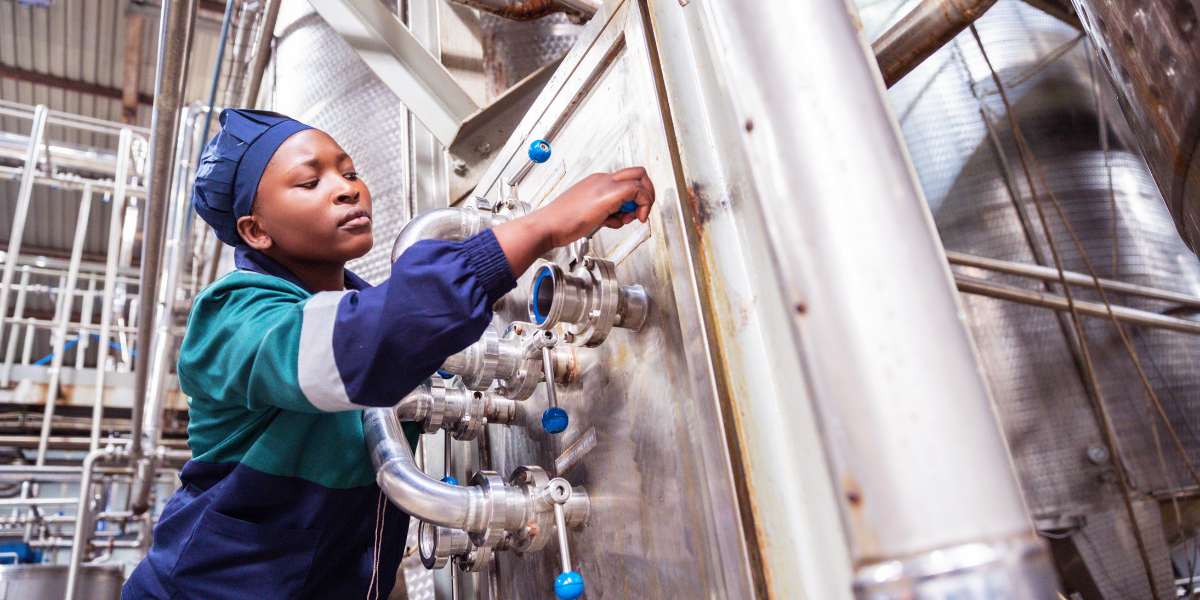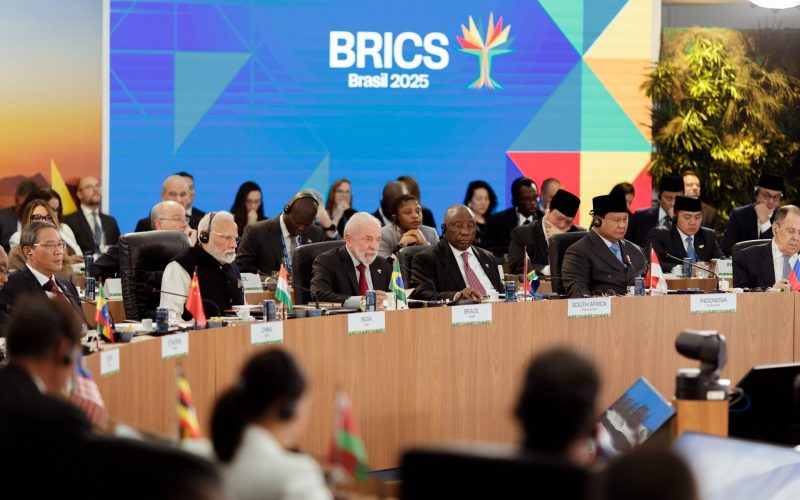Summary:
- The African Continental Free Trade Area has the potential to be the launching pad for accelerated and more sustainable industrialisation in Africa through greater market access and expanded intraregional trade.
- However, there are many supply-side constraints to Africa’s industrialisation efforts, including poor infrastructure on the continent and limited capacity in technological development and innovation. These shortcomings need to be addressed in a new, Africa-wide industrial policy.
- Africa’s existing industrial policy landscape constitutes an array of policies at the national, regional and continental levels, which have produced few positive effects. This is largely owing to challenges of coordination and implementation as the latter is usually devolved down to the individual countries, most of which are not up to the task.
- To maximise the gains from increased intraregional trade under the African Continental Free Trade Area, African governments and other stakeholders need to consolidate their industrialisation efforts under a new, streamlined industrial policy.
- An effective industrial policy for Africa must reflect a collective, cohesive mindset and provide the foundation for joint projects and initiatives, while drawing from a common budget. Specific focus areas should include infrastructure development, regional specialisation and African value chain enhancement, SME promotion, a clean energy transition and the development of African technologies.








